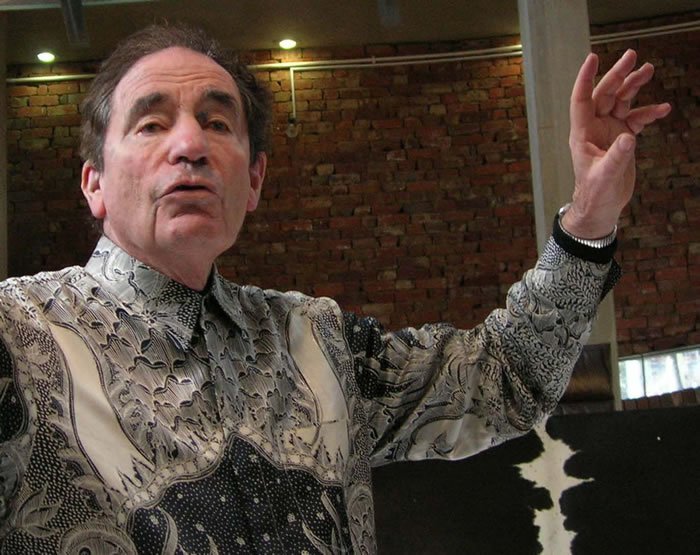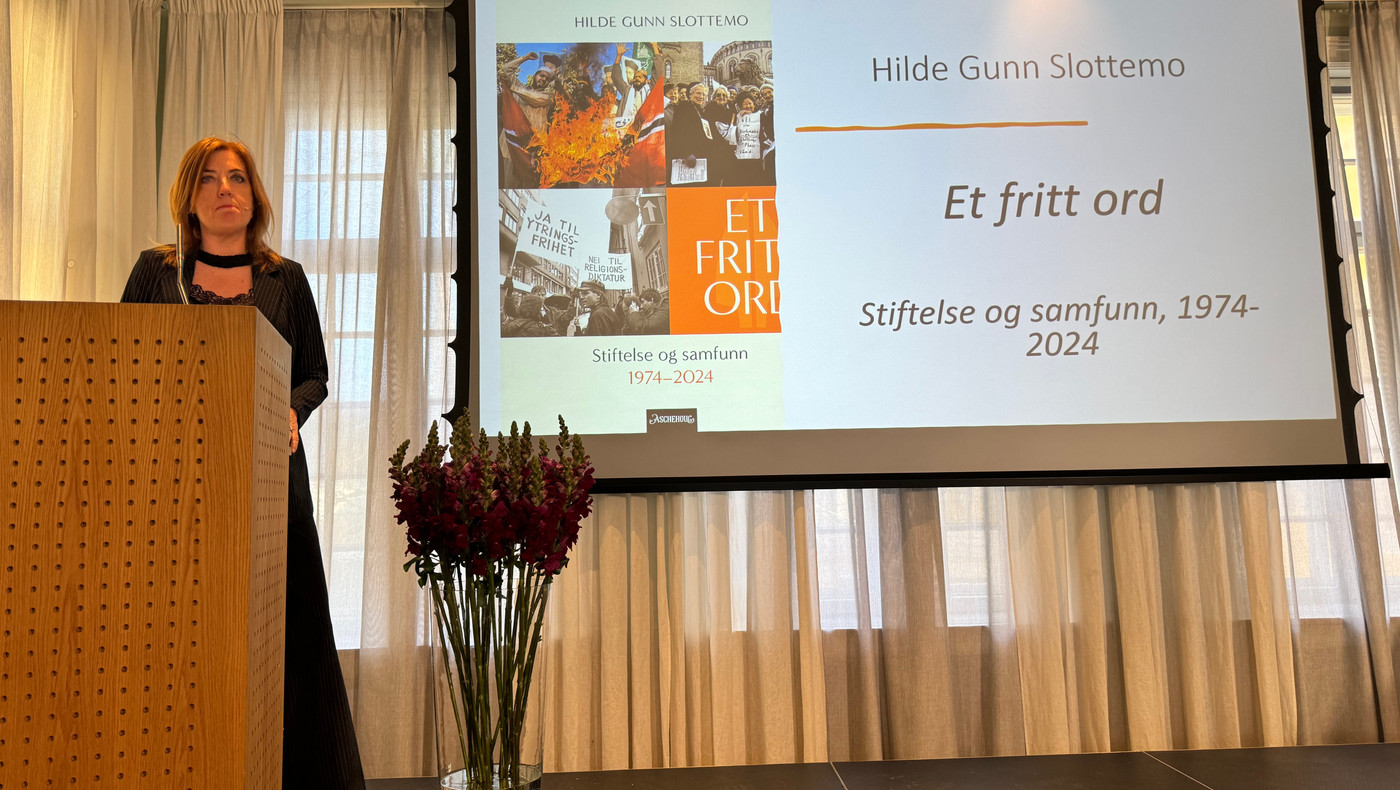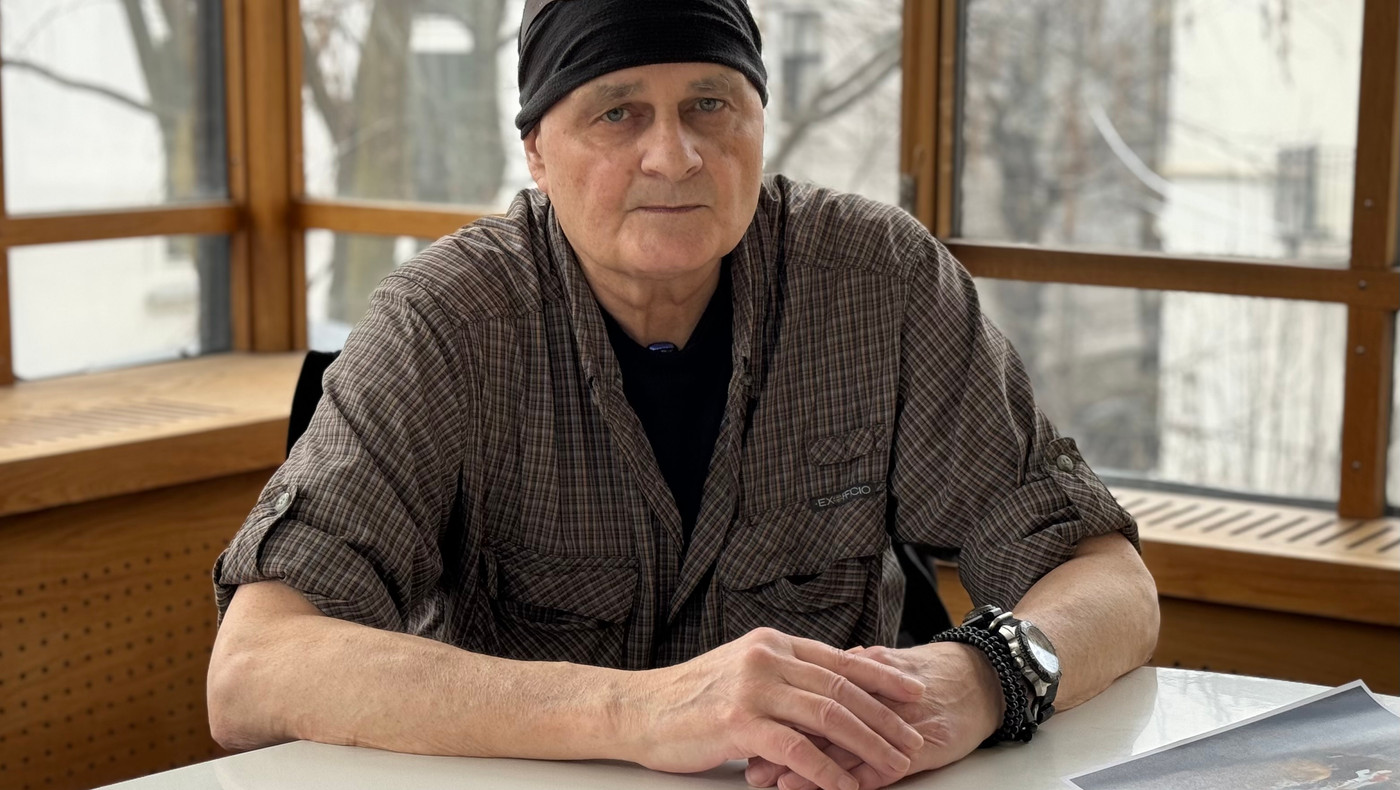In Search of a New Constitution: Why Norway Gave Us So Little and So Much
The Research Council of Norway, the University of Oslo and the Fritt Ord Foundation invite the public to lecture featuring Albie Sachs in Gamle festsal at the University of Oslo, Karl Johans gate 47, on Thursday, 30 October from 3.00 – 4.30 p.m.
The South African Constitution of 1995 is one of the world’s most ambitious contemporary constitutions. Albie Sachs, former judge on the Constitutional Court of South Africa, has played a key part in the struggle to transform South Africa into a democracy and in the work to frame the Constitution and apply it in actual practice. As a young defence advocate in the 1950s, he was persecuted by the security police, banned from working and subject to repeated imprisonment.
In 1966, he was forced into exile. During all the years he spent in England and Mozambique, he continued to work for the ANC. In Maputo in 1988, he was the victim of a car bomb planted by South African intelligence, and he lost an arm and the vision in one eye.
Sachs returned home in 1990. As a member of the ANC’s National Executive and the Constitutional Committee, he played a pivotal role in the negotiations that led South Africa to become a constitutional democracy. In 1994, President Nelson Mandela appointed Sachs to the bench of the then recently established Constitutional Court. Until 2009, Sachs had one of the eleven seats on the Court. This was during a period when so-called “landmark rulings” were drafted and important principles in the Constitution were put to the test.
Albie Sachs embodies a unique combination of experience, given his central role in the different phases of South Africa’s formative years and his principally reflective position today.
Sachs’ lecture will conclude the 1814 series. Quentin Skinner, Jan-Werner Müller, Lynn Hunt and Bhikhu Parekh, visited earlier at the University of Bergen, the University of Oslo, Norwegian University of Science and Technology, and the University of Tromsø, respectively. All lectures in the series have been linked to the central constitutional concept of freedom.




